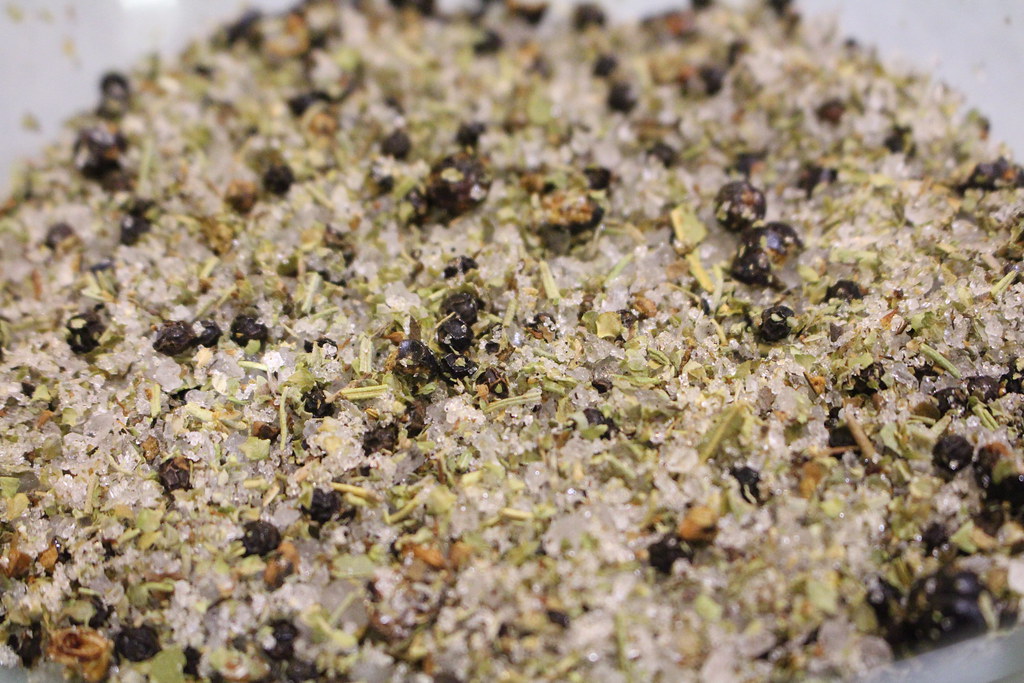Introduction
Smoking has been a widespread practice for centuries, with tobacco being the most common substance used. However, in recent years, there has been a growing interest in smoking herbs as an alternative to traditional tobacco products. This article will compare and contrast the benefits, effects, and risks of smoking herbs versus traditional tobacco.
What are Smokable Herbs?
Smokable herbs, also known as herbal cigarettes or herbal blends, are mixtures of various dried herbs, flowers, and leaves that are smoked for recreational or medicinal purposes. Some common herbs used in these blends include:
- Mullein (Verbascum thapsus)
- Damiana (Turnera diffusa)
- Skullcap (Scutellaria lateriflora)
- Passionflower (Passiflora incarnata)
- Raspberry leaf (Rubus idaeus)
These herbs are often chosen for their purported relaxing, mood-enhancing, or medicinal properties.1

A mix of dried herbs that may offer an alternative to traditional tobacco for those looking to explore different smokable options.
Benefits of Smoking Herbs
Smoking herbs may offer several potential benefits compared to traditional tobacco:
- Nicotine-free: Most smokable herbs do not contain nicotine, making them non-addictive and potentially less harmful than tobacco.2
- Fewer chemicals: Herbal blends typically contain fewer toxic chemicals and additives compared to commercial tobacco products.
- Potential medicinal properties: Some herbs have been traditionally used for their therapeutic effects, such as reducing anxiety, promoting relaxation, or alleviating respiratory issues.3
- Customizable blends: Smokable herb mixtures can be tailored to individual preferences and needs, allowing for a personalized smoking experience.

A box of herbal cigarettes presents an alternative to traditional tobacco
Risks and Drawbacks of Smoking Herbs
While smoking herbs may have some advantages over tobacco, it is essential to be aware of the potential risks and drawbacks:
- Smoke inhalation: Inhaling smoke from any source can irritate the lungs and respiratory system, potentially leading to coughing, wheezing, and other respiratory issues.4
- Limited research: There is limited scientific research on the long-term effects and safety of smoking herbs, making it difficult to fully assess the risks.
- Potential allergic reactions: Some individuals may be allergic to certain herbs, leading to adverse reactions when smoked.
- Interactions with medications: Herbs can interact with prescription medications, causing unwanted side effects or reducing the effectiveness of the drugs.5

Smoking is not healthy but it remains a personal choice
Traditional Tobacco: Effects and Risks
Traditional tobacco products, such as cigarettes, cigars, and pipe tobacco, have well-documented effects and risks:
- Nicotine addiction: Tobacco contains nicotine, a highly addictive substance that can lead to dependence and withdrawal symptoms.
- Health risks: Smoking tobacco is associated with numerous health problems, including lung cancer, heart disease, stroke, and respiratory illnesses.6
- Secondhand smoke: Tobacco smoke can harm not only the smoker but also those around them, exposing them to toxic chemicals and increasing their risk of health issues.
- Social and environmental impact: Tobacco use has significant social and environmental consequences, such as the cost of healthcare, lost productivity, and pollution from cigarette waste.

Workers harvest broad-leafed tobacco plants, a traditional component of cigarettes.
Making an Informed Decision
When considering smoking herbs or traditional tobacco, it is crucial to make an informed decision based on the available information and your personal health goals. While smoking herbs may offer some potential benefits and be seen as a less harmful alternative to tobacco, it is not without risks.
If you choose to smoke herbs, it is essential to:
- Research the herbs you plan to use and their potential effects and interactions
- Start with small amounts and monitor your body’s response
- Use high-quality, organically grown herbs from reputable sources
- Be aware of any pre-existing health conditions that may be affected by smoking
- Consider alternative methods of consuming herbs, such as teas or tinctures, which may have fewer risks associated with smoking
Moreover, it is worth exploring the cultural and historical use of these herbs. Many indigenous cultures have smoked herbs for centuries, not only for their physical effects but also for spiritual practices. Understanding the context in which these herbs have been traditionally used can provide a deeper appreciation for their potential benefits and uses.
Additionally, the legal status of smoking herbs varies by region, and it’s important to be informed about the laws in your area. Some herbs may be regulated or prohibited, so always ensure that you are in compliance with local regulations.
Conclusion
Smokable herbs and traditional tobacco products each have their own set of benefits, effects, and risks. While smoking herbs may be seen as a less harmful alternative to tobacco, it is not without potential drawbacks. Ultimately, the decision to smoke either substance should be made after careful consideration of the available information and personal health goals. If you have concerns about smoking or your health, it is always best to consult with a qualified healthcare professional.

Leave a Reply